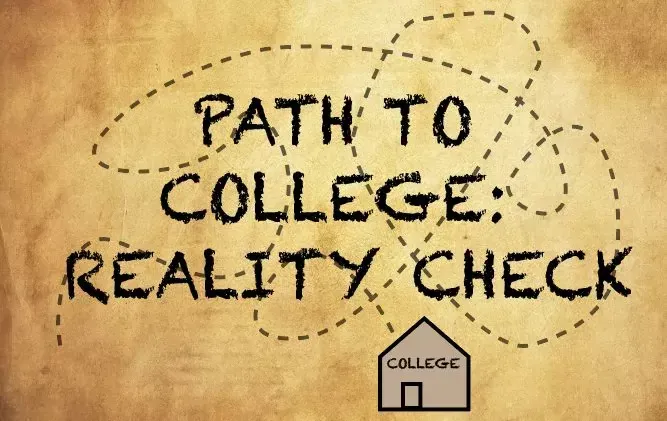Have you considered taking a year off after high school?
What? Is that insane?! Not at all. This is the perfect moment to take a deep breath and consider taking a break from school before plunging into the next pressurized step. Now is the time to think about a gap year or semester that allows time and opportunity to refocus, polish skills, explore an interest, or simply re-energize.
Gap years still are more common in places like the United Kingdom where up to 25 percent of students who go to college take a year off. In the United States, that number is closer to 1 percent, according to the nonprofit Higher Education Research Institute. The statistics don’t tell why students take off a year, but the American Gap Association (AGA) reports increasing interest and attendance at the gap year fairs it holds around the country to familiarize students with gap programs.
Why even consider a gap? For starters, researchers in Australia found that taking time out from school helped with motivation once students got to college. Gap benefits even outweighed other variables for college success, such as gender and socio-economic status. Researchers even argued that their 2007 survey of 338 gap year students showed that taking a break helped students focus on what they were going to do after college.
And more than 90 percent of 600 gap students responding to a 2015 AGA survey said their time off from school increased confidence, maturity, communication skills, or the ability to get along with people with backgrounds different from their own.
A gap gives teenagers that important chance to be independent outside of the structure of school and athletics and away from the watchful eyes of the usual mentors - parents, teachers, and coaches. It can help develop the grit that students need to be independent and resilient once they get to college.
Gaps have become so acceptable that some colleges, such as Princeton , have set up their own fully-funded programs to encourage students to explore the world and themselves before entering college.
Don’t be swayed by some of the myths about “gap years.” For example:
Myth: A gap lasts a year.
Fact: A gap can be whatever length works with your plan. It could be just a semester or quarter of work and travel, interning, or participation in a political campaign or community service program. Many colleges offer January start dates.
Myth: A gap is exotic.
Fact: Of the students surveyed by AGA, the largest percentage spent their gaps in the United States. A teenager could work on language skills, for example, tutoring in a local immigrant center.
Myth: A gap is out of reach financially.
Fact: A student might work part of a year or semester and use that money to travel or pay for a structured gap program. Some programs or schools offer financial aid or fellowships. And crowdfunding gives students more options to raise money to support time off from school.
Myth: A gap is just for kids who are unmotivated or unsure about college.
Fact: All students can benefit from a break to learn problem-solving, dealing with conflict, understanding their own limits, managing time, and being responsible for themselves in ways that are so very, very important freshman year.
If you’re considering taking a “pause” from your studies, go through the college application process but ask about deferral policies both for academics and financial aid. Thinking about those things now provides time to decide if a gap is a practical option. In the meantime, start exploring gap programs and options. Do you want something structured or freewheeling? Do you want to climb a mountain or work with children? Is this a time to work in a lab or volunteer at an animal hospital? Would you like to become fluent in a language, understand the inner workings of health care, or meet decision makers in Washington, D.C.? You can do all those and more on a gap.











